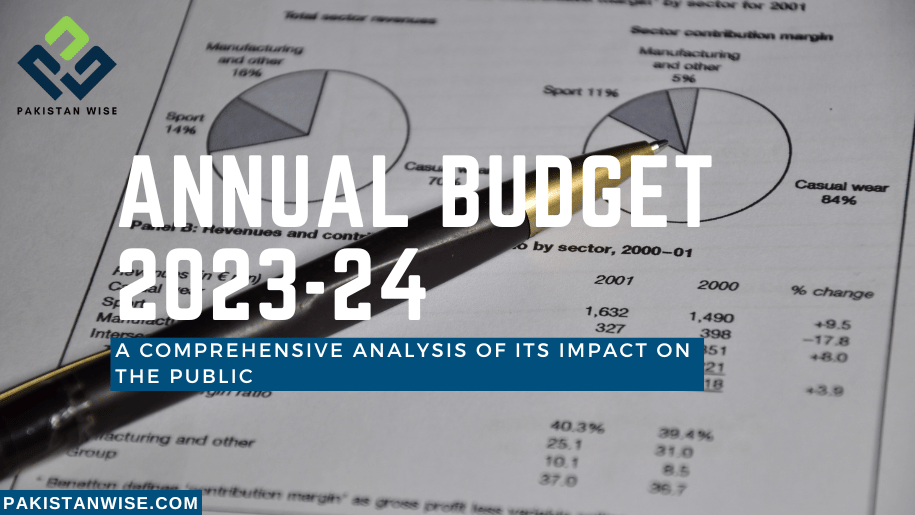Introduction
We aim to provide a clear and concise breakdown of the annual budget for the financial year 2024, highlighting its implications for the general public. We will discuss key changes in taxes, salaries, and various sectors. Join us as we navigate through the budget’s provisions in plain and simple terms.
No New Taxes and Wage Increase
Finance ministers have announced that no new taxes will be imposed in the upcoming financial year. This news comes as a relief to many individuals and businesses alike. Furthermore, the minimum wage in Islamabad is set to rise from 25,000 to 32,000, ensuring improved living standards for workers. Additionally, the minimum pension will be increased to 12,000, providing better financial security to retired individuals.
Tax Reductions for Digital Payments and Solar Energy
If you enjoy dining out, here’s some good news for you. The government has reduced the tax rate on digital payments from 15% to 5%. Whether you use your debit or credit cards, mobile wallets, or QR scanning, paying for your meals will be lighter on your pocket.
In a bid to promote clean energy, the government has decided to waive customs duty on raw materials used in the production of solar energy products such as solar panels, batteries, and inverters. This move aims to encourage the use of renewable energy sources and bolster exports.
Furthermore, a special income tax rate of 0.25% will be applicable to IT-enabled service providers until June 30th, 2026. Importing software and hardware duty-free, up to one percent of the total export proceeds, will further stimulate the IT sector.
Sales Tax Reductions and Exemptions
The budget brings good news for freelancers as well. Those earning up to $24,000 per year will be exempted from sales tax registration and filing tax returns. They will also benefit from a simplified single-page income tax return designed specifically for them.
However, not all budget proposals bring positive outcomes. The government plans to remove the cap on fixed duties and taxes for importing used vehicles of Asian makes above 1300 cc. As a result, the prices of such vehicles may increase in the future.
Positive Changes in Healthcare and Non-Resident Taxes
On a positive note, customs duties on raw materials used in the production of diapers and sanitary napkins have been exempted. Additionally, the sales tax on contraceptives and accessories has been waived. Furthermore, the government is considering eliminating the regulatory duty on second-hand clothing.
Non-resident individuals with a National Identity Card for Overseas Pakistanis (NICOP) will no longer be subject to a two percent final withholding tax when purchasing property through remittance. This move is likely to encourage investments from overseas Pakistanis.
Proposed Taxation and Duties
Unfortunately, some budget proposals may have a negative impact on our wallets. The government plans to withdraw the exemption of sales tax on bulk sales of branded edible products. Moreover, the reduced sales tax rate for point of sale retailers dealing in leather and textile products will be increased from 12% to 15%.
The Annual budget also suggests taxing electric power transmission services at 15% and imposing a federal excise duty of 2,000 rupees per fan on energy inefficient fans. Additionally, a 20% duty will be imposed on the value of incandescent bulbs. To ensure compliance from non-active taxpayers, the government intends to reintroduce a 0.6% advance adjustable withholding tax on cash withdrawals.
Conclusion
In conclusion, the annual budget for the financial year 2024 introduces a range of changes that will impact the public in various ways. While some provisions offer tax reductions, exemptions, and wage increases, others propose taxation and duties that may increase costs for certain goods and services. Stay informed by following Don News English for more updates on this topic and other current affairs.

